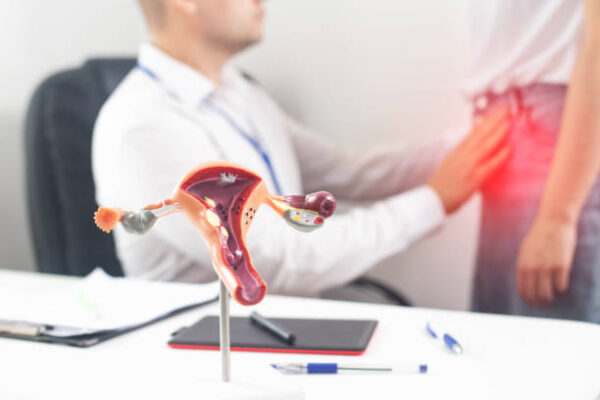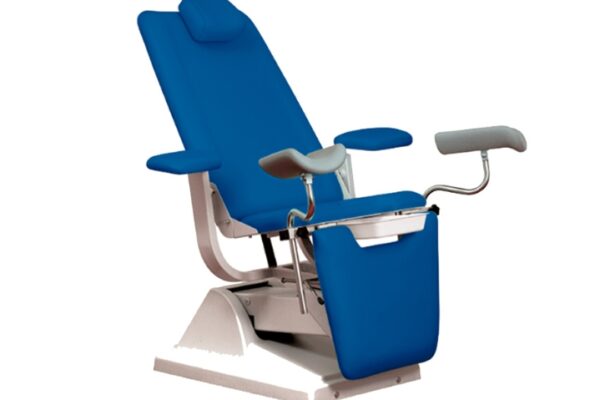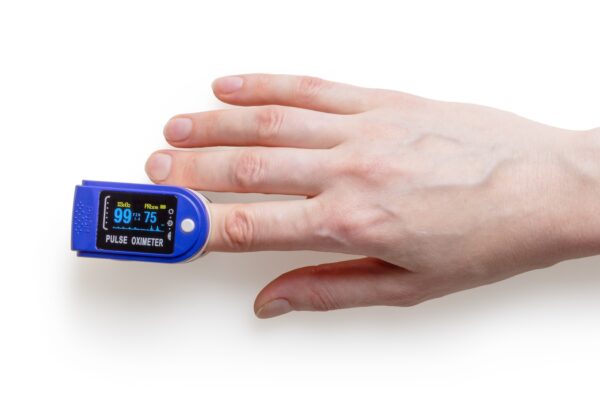The Ultimate Pocket Alcohol Tester: Stay Safe and Party Responsibly!
Unleashing the future of partying: Discover the cutting-edge pocket alcohol tester you won’t believe exists!
 Image courtesy of cottonbro studio via Pexels
Image courtesy of cottonbro studio via Pexels
Responsible alcohol consumption is a critical aspect of maintaining personal safety and well-being. While enjoying social gatherings and parties, it is essential to ensure that alcohol consumption is within safe limits. In recent years, pocket alcohol testers have gained popularity as a convenient tool to help individuals stay informed and make responsible decisions about their alcohol intake.
In this curated guide, we will explore the world of pocket alcohol testers, their benefits, functionality, and provide tips for choosing the right device. Let’s dive in and discover how you can stay safe and party responsibly with the ultimate pocket alcohol tester!
What is a Pocket Alcohol Tester?
A pocket alcohol tester is a portable device designed to measure an individual’s blood alcohol concentration (BAC) quickly and easily. These testers come in various forms, including breathalyzers, smartphone-connected devices, and disposable test strips.
Breathalyzers are perhaps the most commonly recognized pocket alcohol testers. They utilize a fuel cell or semiconductor sensor to measure the alcohol content in a person’s breath. Smartphone-connected testers capture breathalyzer readings and display them on a mobile app, providing additional features such as BAC tracking over time. Disposable test strips provide a cost-effective alternative, absorbing saliva or sweat to detect alcohol through a chemical reaction.
Benefits of Pocket Alcohol Testers
Pocket alcohol testers offer numerous benefits, helping individuals make informed decisions and enhance safety in alcohol consumption:
1. Promoting responsible drinking habits: A pocket alcohol tester serves as a reminder to consume alcohol responsibly and within safe limits.
2. Reducing the risk of impaired driving accidents: By testing BAC levels, individuals can determine if they are fit to drive, reducing the chances of accidents caused by drunk driving.
3. Understanding personal alcohol tolerance levels: Pocket alcohol testers provide insights into an individual’s tolerance levels, helping them pace their drinking accordingly.
4. Facilitating compliance with legal limits and regulations: In many jurisdictions, it is important to adhere to legal limits for driving or participating in certain activities. Pocket alcohol testers can help individuals ensure compliance.
5. Empowering individuals to make informed decisions: Having access to real-time BAC readings allows individuals to make informed choices about their alcohol consumption, ensuring their safety and well-being.
How Pocket Alcohol Testers Work
Basic working principle of breathalyzer-based testers: Breathalyzer-based pocket alcohol testers operate by detecting alcohol molecules in a person’s breath. Once the breath is exhaled into the device, the sensor reacts to the alcohol present, producing an electrical signal that corresponds to the alcohol concentration. This signal is then converted into a digital BAC reading.
Integration with smartphones and mobile apps: Smartphone-connected pocket alcohol testers utilize Bluetooth or other wireless technologies to transmit BAC readings to a mobile app. These apps often provide additional features such as BAC tracking, personalized recommendations, and even designated driver services. This integration enhances user experience and allows for more comprehensive analysis and monitoring.
Disposable test strips: Disposable test strips work through chemical reactions with alcohol present in saliva or sweat. The chemicals on the strips change color based on the alcohol detected, and users can compare the color change against a provided chart to estimate their BAC level.
Choosing the Right Pocket Alcohol Tester
When selecting a pocket alcohol tester, several factors should be considered to ensure the device suits individual needs:
Accuracy and calibration: Look for testers that are known for their accuracy and offer the ability to calibrate or be calibrated periodically to maintain precision.
Price range and budget: Determine a budget beforehand, taking into account both the initial cost of the device and any ongoing expenses such as disposable test strips or calibration accessories.
Portability and durability: Opt for a tester that is compact, lightweight, and easily transportable. Additionally, consider the device’s durability to withstand frequent use and potential accidents.
Extra features and user interface: Evaluate any additional features that may enhance user experience, such as backlight displays for nighttime use, easy-to-read screens, or intuitive mobile app interfaces.
Tips for Using Pocket Alcohol Testers Effectively
While pocket alcohol testers are valuable tools, their effectiveness greatly depends on proper usage. Here are some tips to ensure accurate and reliable results:
Understanding the tester’s instructions and limitations: Familiarize yourself with the specific operating instructions and limitations of your chosen pocket alcohol tester. Different devices may have unique requirements and optimal usage scenarios.
Proper preparation before testing: Ensure that no food, alcohol, or residual substances are present in your mouth before performing a breathalyzer-based test. For disposable test strips, carefully follow the instructions regarding saliva or sweat collection.
Performing a reliable alcohol test: Follow the tester’s instructions precisely to obtain a reliable result. Pay attention to the recommended blowing duration or the correct procedure for using disposable test strips.
Interpreting and understanding the test results: Be aware of the legal limits in your jurisdiction and understand the BAC reading’s implications. Recognize that breathalyzer readings capture the BAC at the time of testing and may not reflect future alcohol absorption or elimination rates.
Maintaining, calibrating, and troubleshooting the device: Follow the manufacturer’s guidelines for device maintenance, and if required, periodic calibration. If any issues arise, refer to the troubleshooting section of the user manual or contact customer support for assistance.
Ethical Considerations and Limitations
It is essential to understand that pocket alcohol testers are not absolute indicators of an individual’s impairment level or fitness to perform specific tasks. While they provide an estimate of blood alcohol concentration, they should not substitute professional judgment or adherence to legal regulations.
Factors such as individual alcohol metabolism rates, body weight, and hydration levels can affect the accuracy of pocket alcohol testers. Therefore, exercise personal responsibility and avoid relying solely on the tester’s readings without considering one’s own subjective state.
It is crucial to use pocket alcohol testers ethically and responsibly, ensuring they serve as supplementary educational tools to promote a safe and responsible drinking culture.
Conclusion
Investing in a pocket alcohol tester is a proactive step towards staying safe and informed while enjoying alcoholic beverages. By adopting responsible drinking habits and using these devices effectively, individuals can make informed decisions, reduce the risk of impaired driving accidents, and promote a culture of responsible alcohol consumption.
Remember, a pocket alcohol tester is a valuable tool, but it should never replace personal judgment and responsible decision-making. Stay safe, stay informed, and enjoy your festivities responsibly with the ultimate pocket alcohol tester!





